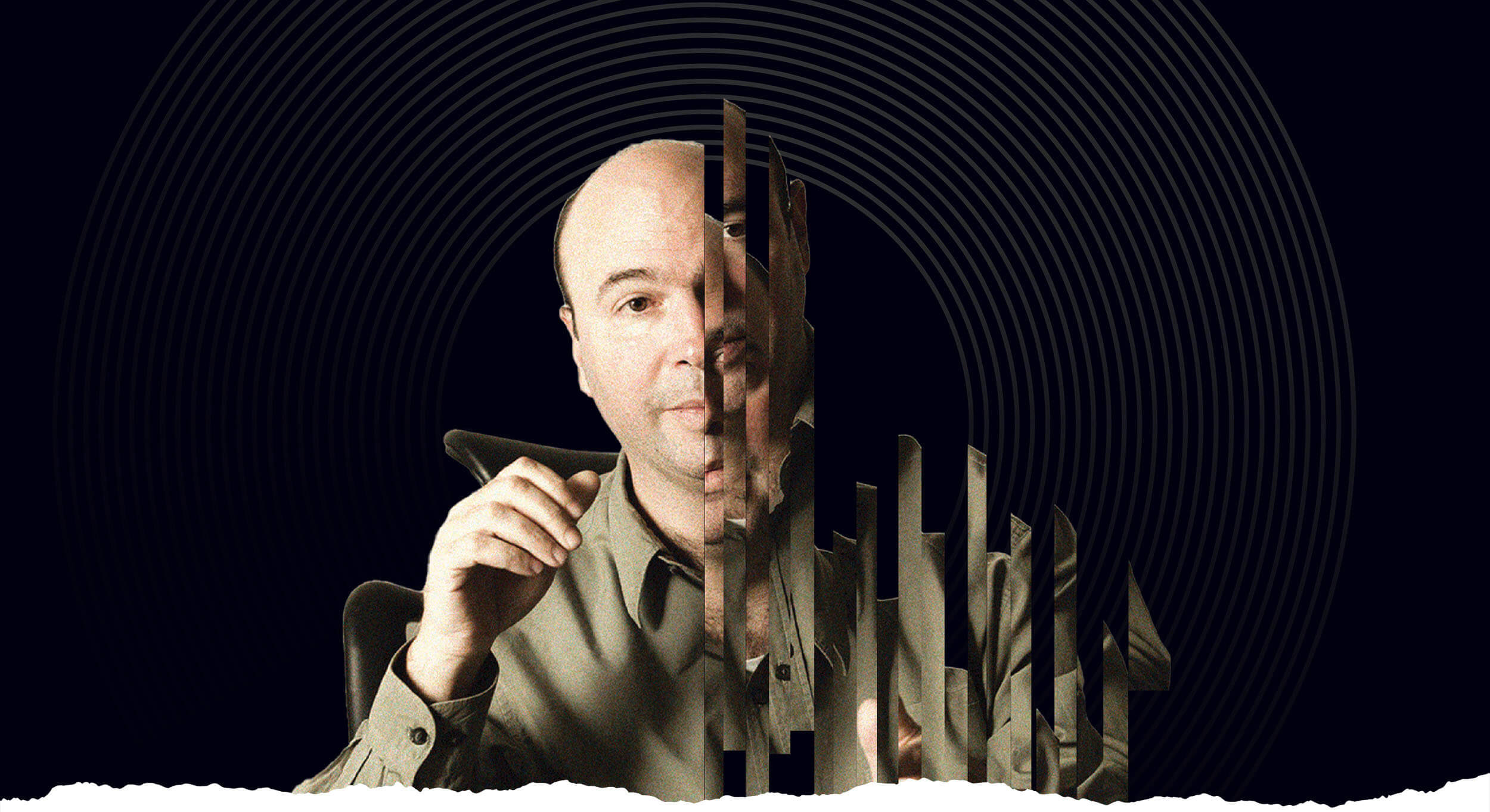
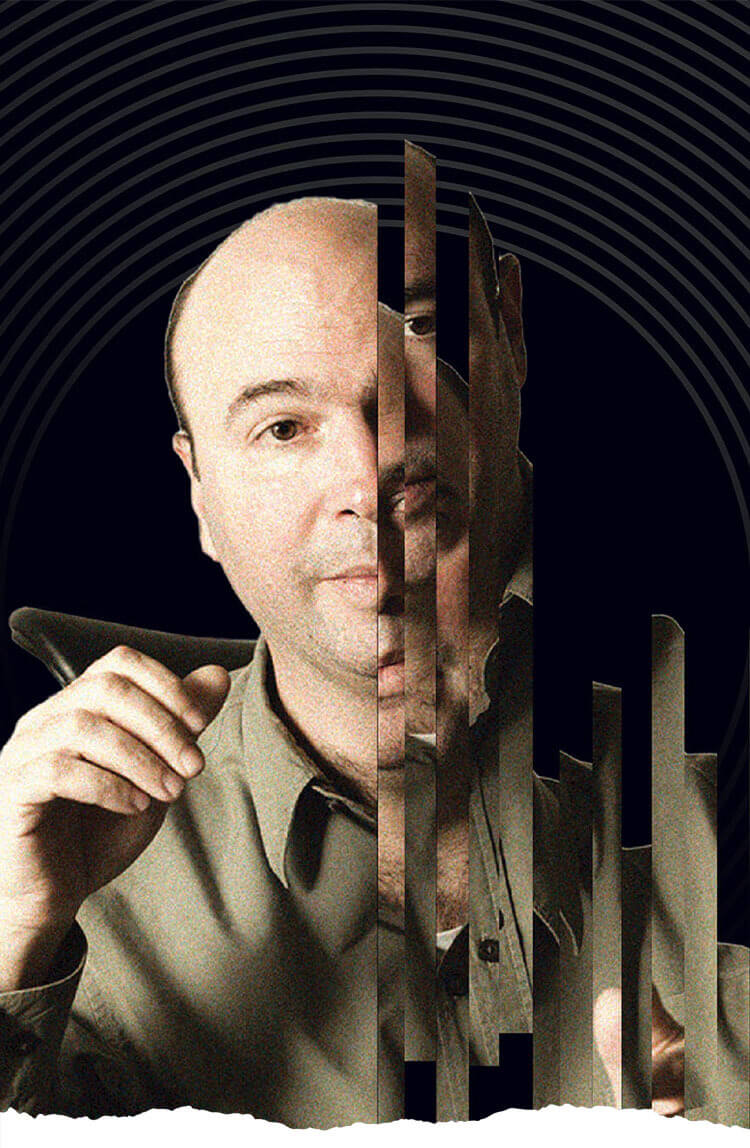
Letting Go
I founded my first successful startup when I was 39 years old, after trying my hand at five other ventures.
I remember multiple times along my entrepreneurial journey, looking at my situation and thinking that there was no way out. And it is in those moments when you are truly at the bottom, that you find a way forward.
In entrepreneurship and life, I’ve learned that sometimes the most courageous act is letting go.
There’s a scene in an old mountaineering film, Vertical Limit. This father, his son, and his daughter fall off a gigantic mountain and are hanging from one rope. They quickly understand that the rope won’t hold the three and that if they don’t do something, everyone will die. The father at the bottom asks his son to cut the rope to let him die, and, in doing so, allow him and his sister to save themselves. The son cuts the rope. He and his sister survive.
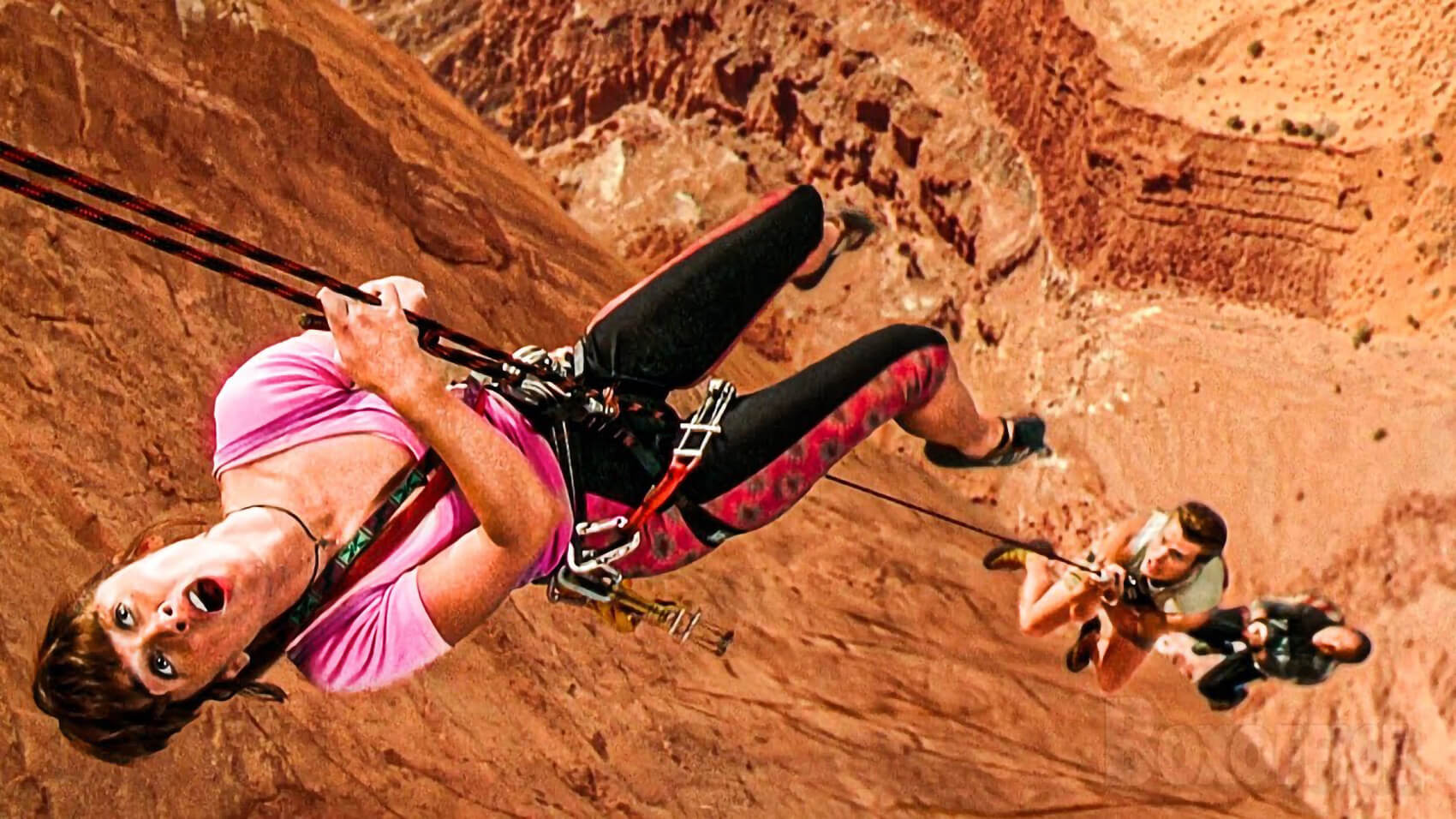
As an entrepreneur, I’ve faced my share of “cut the rope” dilemmas.
Six months into the launch of my fifth start-up “Imperdível” (a Groupon-type site), I came face to face with a harsh reality: our business model was fatally flawed. With both client quality and customer experience out of our control, there was nothing we could do to salvage the venture, even after pouring in most of my savings and borrowing additional money from my father.
We had 100 employees, we were earning millions per month and it seemed like we had the best business in the world in our hands. It was a business model that I believed in 100% when I started. I convinced investors, partners, and my family that that was the way forward. I put all of my time, effort, and belief into this business. How could it be that, suddenly, after all of that work, it was just over?
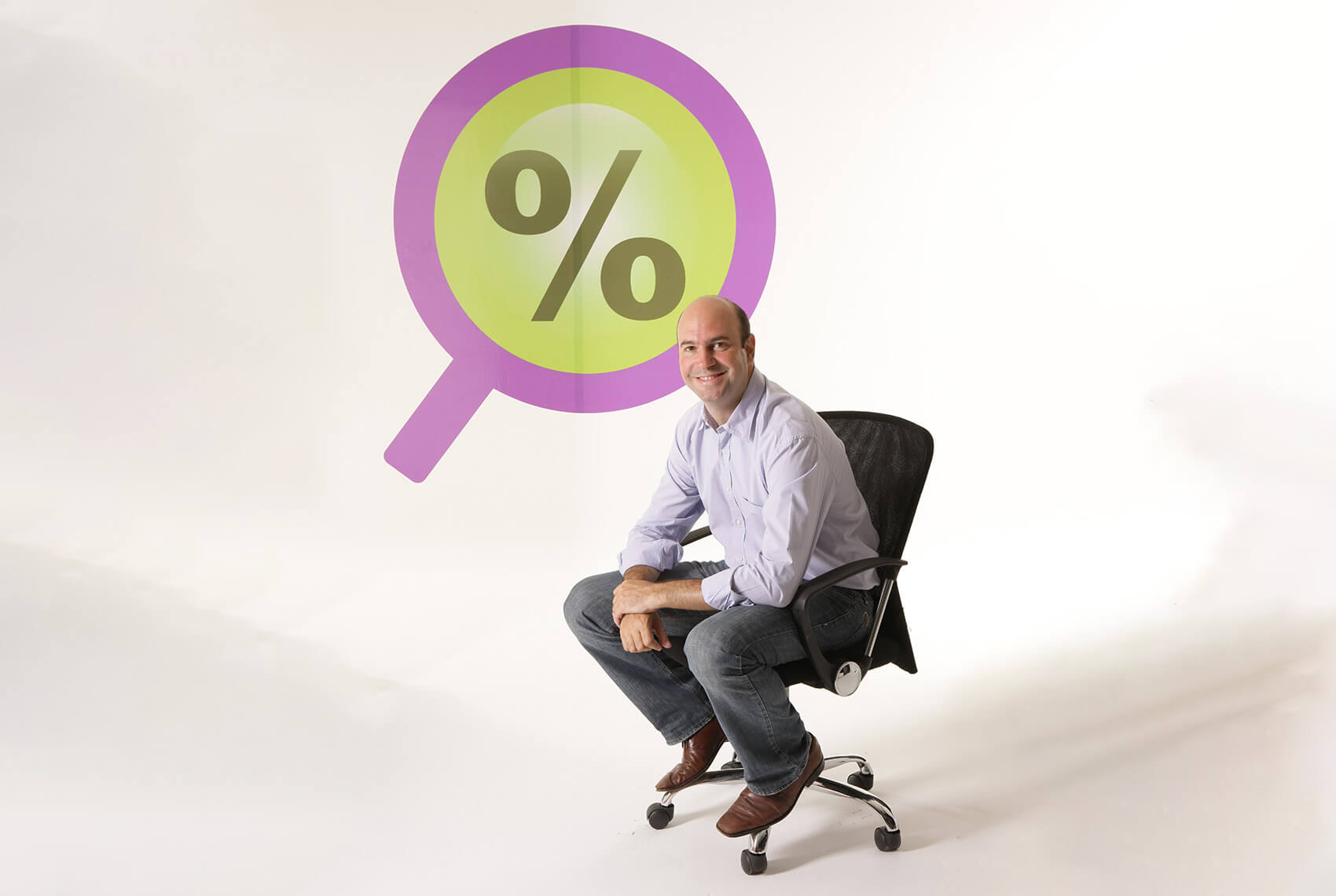
The day I realized this, I went home and sobbed in the shower. I cried and cried.
The burden of disappointment weighed heavily on my shoulders. I felt I had disappointed my family, my partners, and my employees. I felt awful.
The next day, I talked to my partners about liquidating the business. They refused to do it — “It’s still too early to throw in the towel! We barely started!”. But there was no light at the end of our tunnel. With zero faith left, there was nothing I could do to get unstuck, except to shut down the business or sell my share and move on. I did all that I could do, and at that point, I had to cut the rope.
So there I was: 39 years old, two young daughters, and not much money left. I had to start over from scratch.
My wife offered to support the home while I got back on my feet. Summoning the courage to start over required me to understand that while I had bet on the wrong business model, the business was what failed, not me. There was no time to ruminate about what it could have been, no looking back.
Inspiration came in 2012, while I was mentoring two entrepreneurs on their business plan. They were pitching a company that didn’t have much growth potential, but I saw potential in the entrepreneurs, Ariel Lambrecht and Renato Freitas. We began brainstorming ideas to improve their business. And it was there that we had the idea for 99 Taxis, which would become the biggest Brazilian ride-hailing app.
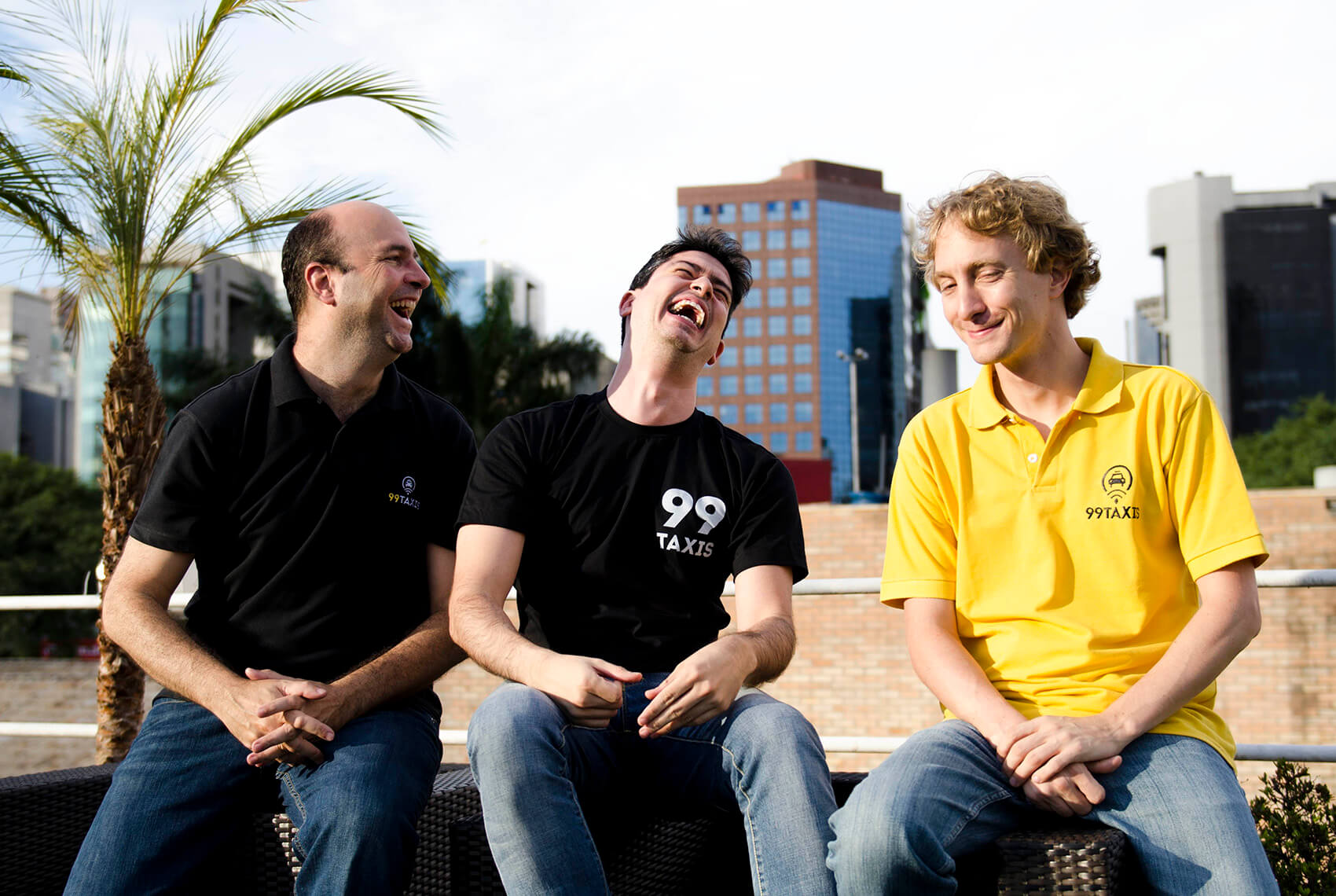
We launched in August 2012, starting as a taxi-and-rideshare service. After six initial slow months, we suddenly started to grow a lot. In our first year, we already had 25% of all taxis in São Paulo available on the app, and rides and passenger numbers growing up to 50% per month. There was no point in trying to set a goal because we would put a ceiling where there should be none — only the sky. So, the most important thing there was finding the path to sustain growth.
In 2015, we closed a big round and finally had some money to compete with Uber, which arrived in the country in 2014. It was a perfect year for 99. We started it with around one-third of the market share, and we ended it with more or less two-thirds. 99 hit its first million rides through the app. Everything was going incredibly well.
Then came a threat that could have destroyed everything.
An unscrupulous financial coup took place. While a legal settlement prevents me from disclosing details, it was such a threat that my entire business was at risk of going down or being unable to fundraise for years until the issue was sorted out. This was my sixth startup, and it was an exceptional one. I was not going to let this happen.
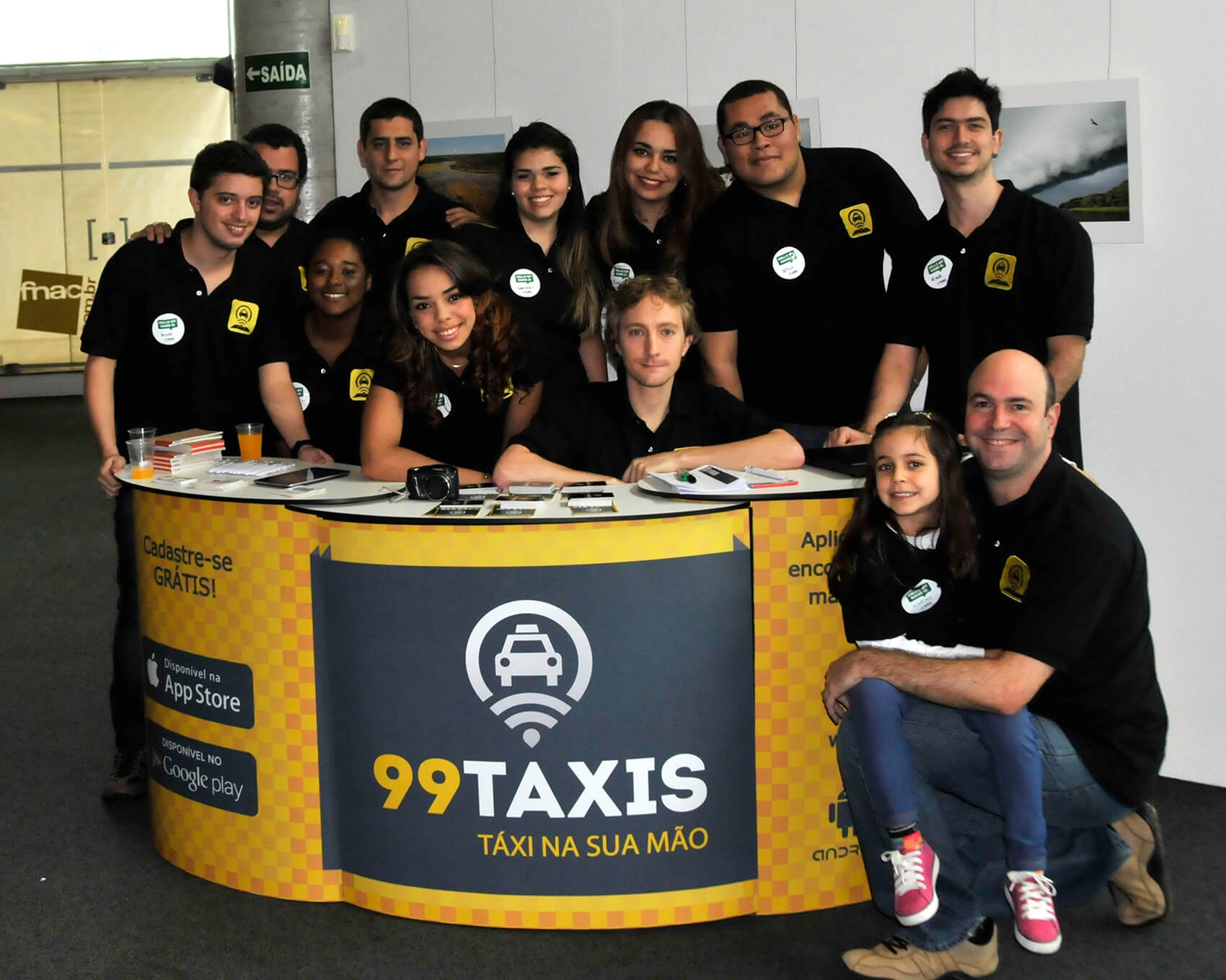
I never wished anything bad on anyone, but there I was, in the depths of my rage, wishing that this unscrupulous person would get hurt or sick — a visceral response born out of pure indignation. Anger boiled within me like a poison eating me from the inside. And while this anger ignited my determination to fight, the truth is that the intensity of my fury was overwhelming. This rage consumed me day and night. I couldn’t believe that, the first time I had a successful company in my hands, it could all be gone because of someone else’s evil intent. I let the anger consume me like I had never let anything consume me in my life.
Suddenly, while this situation was still unfolding, the world stopped.
It was August 2015, and I was sitting at my doctor’s office. The diagnosis was leukemia.
There I was again, hanging off the cliff, bound by a rope that was about to snap. The anger was weighing so heavily on me. It was a weight I couldn’t carry anymore. I had to cut the rope and let go of that anger, or myself and everything I had worked for would be done.
Cancer was not going to stop me from fighting. I mustered up all of my strength to hold onto the rocks and climb my way up. I had no more safety net. If it didn’t work out, it would be a free fall. But I would find my way back to the top of the mountain.
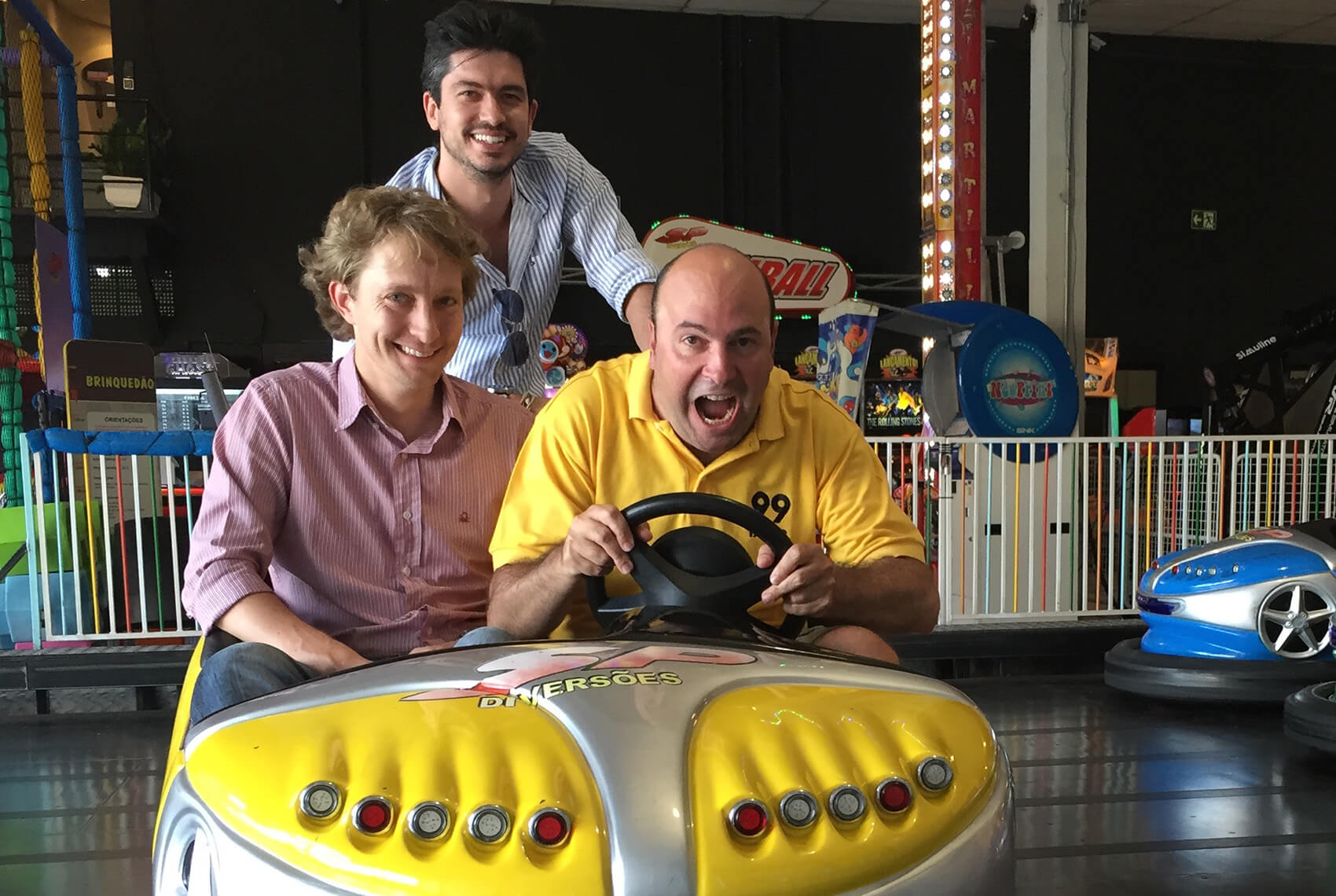
I worked relentlessly from the hospital to ensure the business stayed afloat. We signed our Series B round from there. I was undergoing treatment and holding meetings with everyone via Skype, while my two co-founders came to visit once or twice a week.
In hindsight, I bet my cancer was the psychosomatic result of that anger episode that consumed me alive. To this day, when my wife sees somebody holding a grudge, she says: “Watch out: anger gives you cancer”. I believe she is right.
The culmination of our efforts materialized into monumental achievements. We eventually got the approved regulations for private cars in São Paulo, and later, other cities in Brazil. We became the only company in Brazil with a complete mobility portfolio — you could choose whether you wanted to use a taxi or a private car.
In 2017, we closed the largest round of venture capital in our country’s history, with investments from DiDi and SoftBank. One year later, we sold 99 to DiDi and became Brazil’s first unicorn.
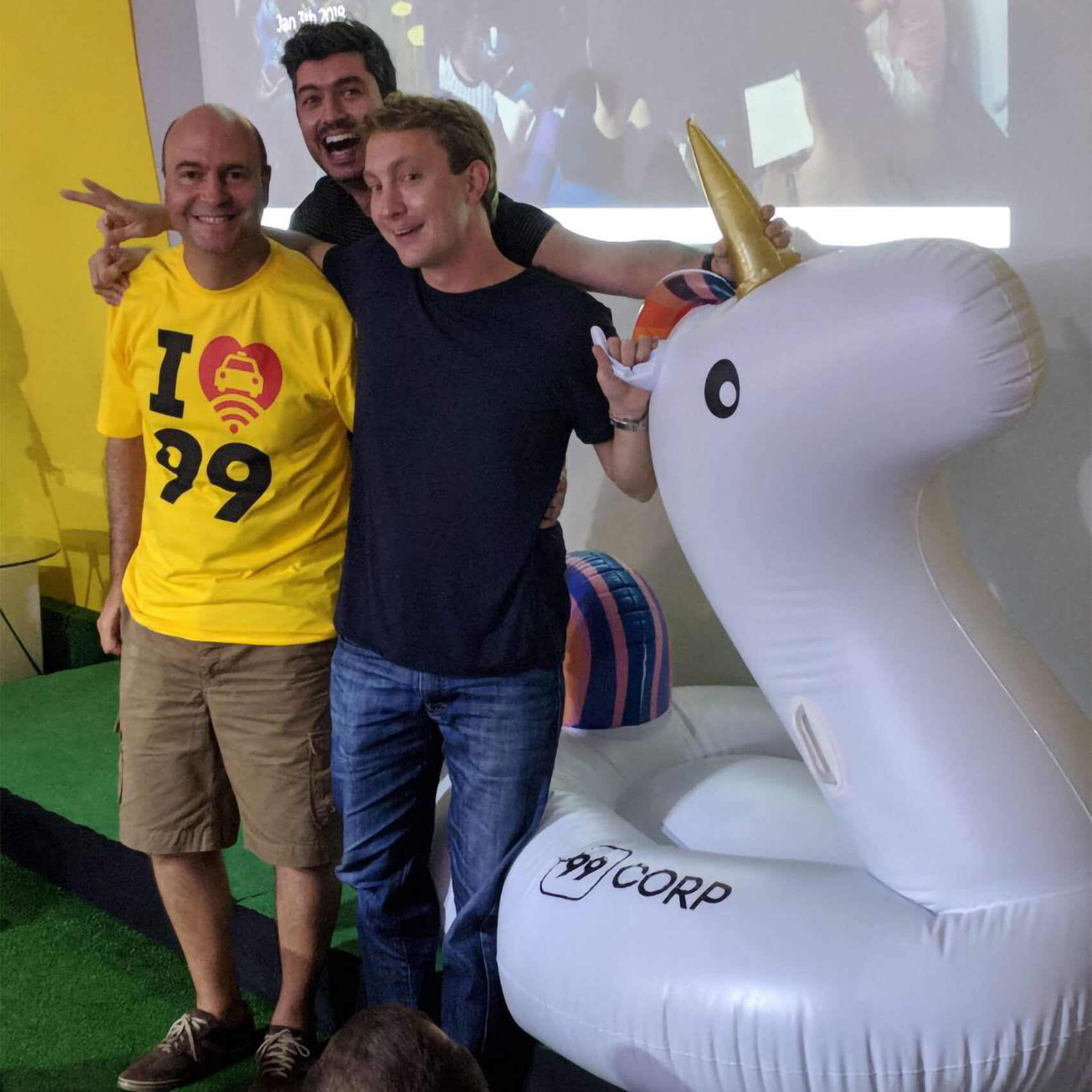
Reflecting on the trials and triumphs of my journey, one lesson stands out: tomorrow is always another day. I thank the entrepreneurial mindset for getting me through some of the toughest challenges in my life and pushing me to keep thinking ahead.
And should the time come when I have to let go once again, I won’t hold on so tightly to the point of destroying myself. Holding on to resentment, holding onto things that weigh you down, will consume you in a way that will unbalance everything. Sometimes, you have to let go of these heavy things to find the way out.
Abração,
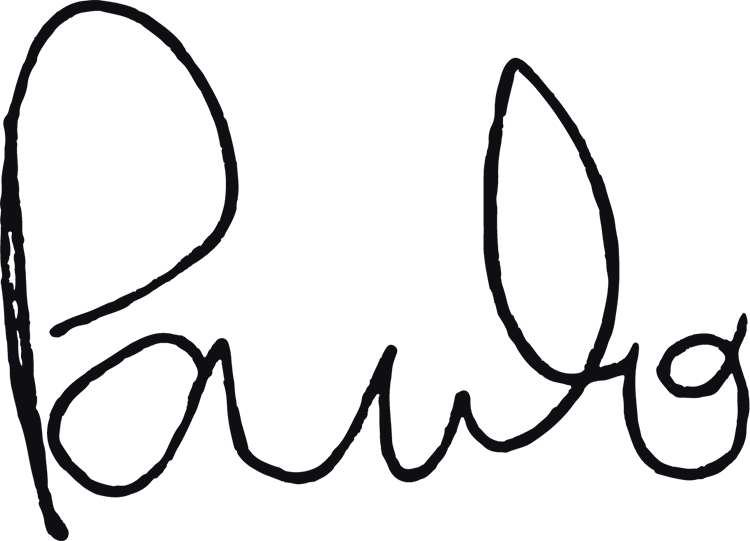
Untold is a collection of raw, personal stories from Endeavor founders, shedding light on the emotional challenges behind scaling a company, so other founders can better name the battles they’re facing, and find strength in the stories of those who’ve been there too.
The next Untold story will be released on Thursday, July 10th.
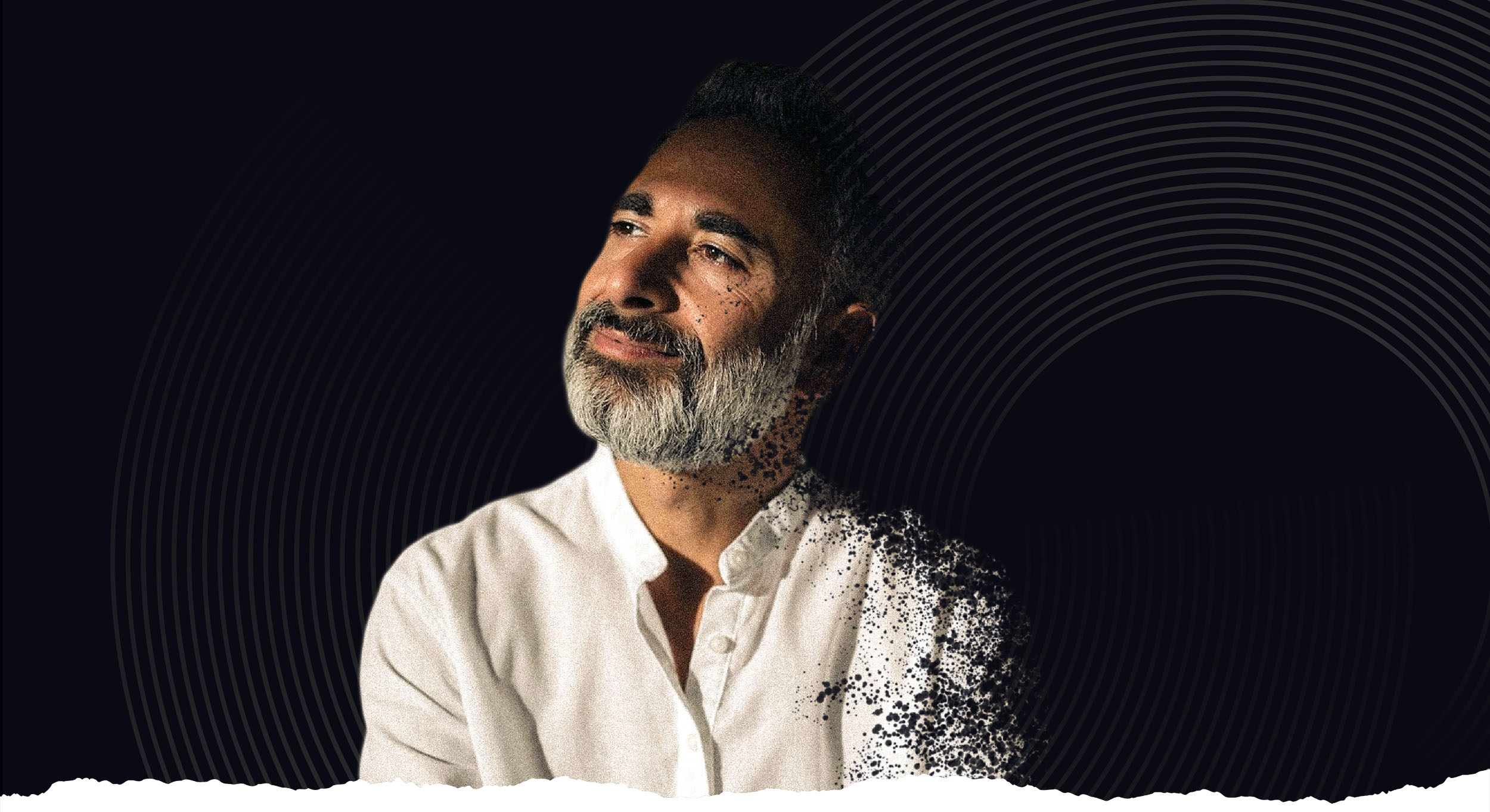
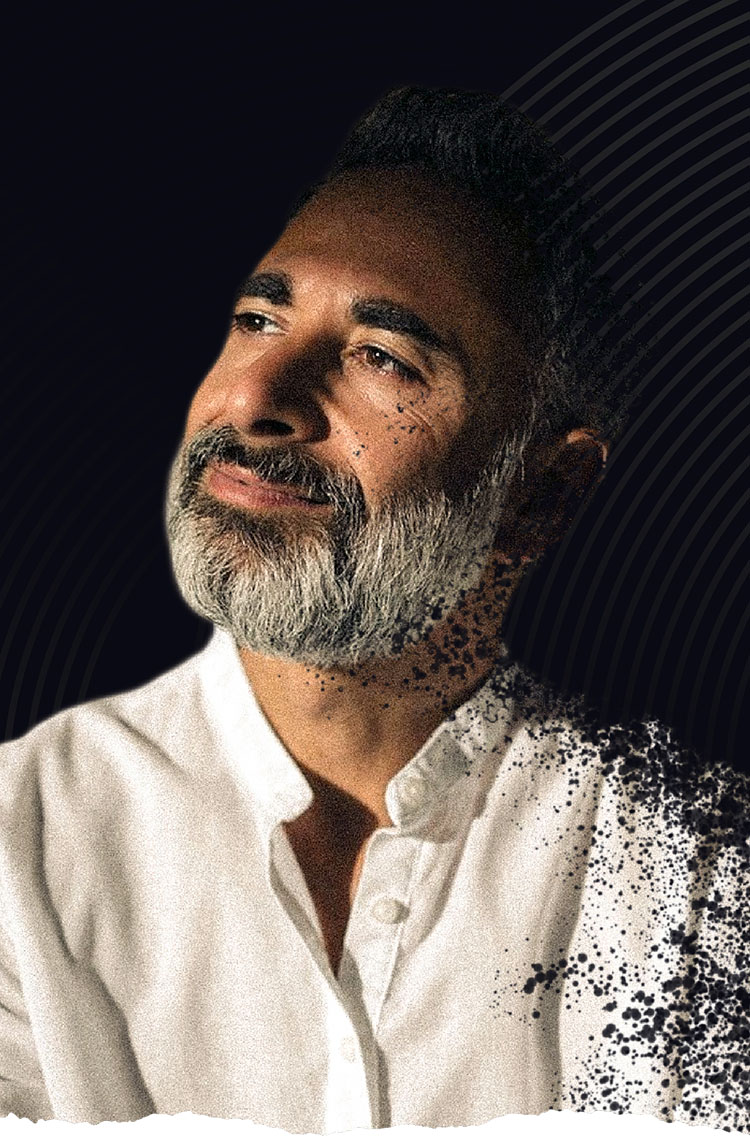
Turning Trauma Into Wisdom
I’d known for decades there were deep wounds in my psyche. When I was nine years old and growing up during the Lebanon War, my father went out to buy groceries and didn’t return for three days. He was hiding. But I assumed he was dead. Those three days in which I became the man of my household left indelible marks on me. But for a long time, there was no opportunity to process it.
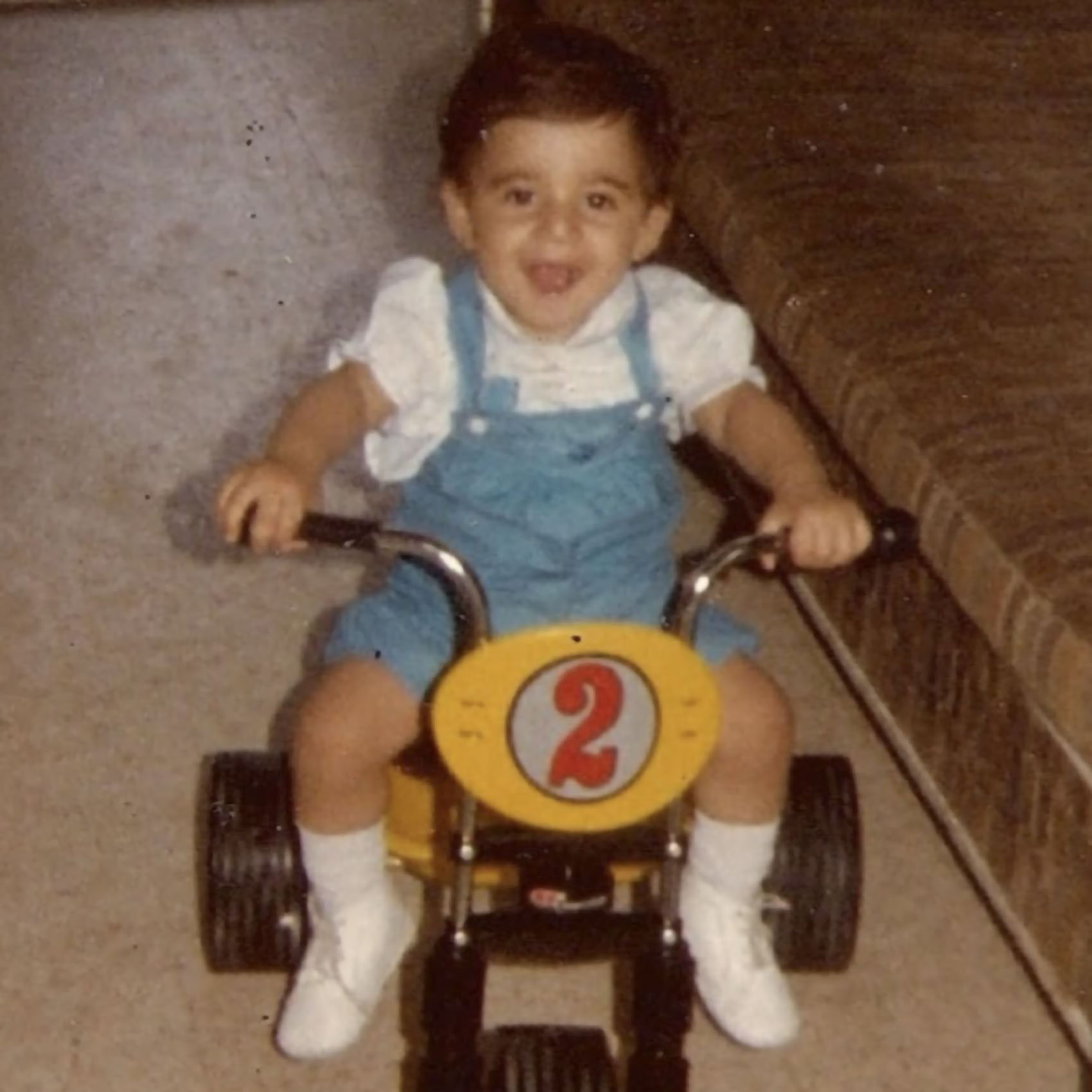
When I was seventeen, my dad sold his only car to buy me a one-way ticket to France. It was a move packed with love and sacrifice, and it meant everything to me. But it was also my one chance, and meant that I had to grow up fast. In France, I had no safety net, no fallback, no community around me. I had to make it work — and I poured everything into succeeding, not just for me, but for my family back home. It turns out growing up in a warzone and becoming more sensitive to fear, preps you well for building a business. By 2010, I’d launched my first company. We grew fast: in 2016, we went public on the New York Stock Exchange.
But inside, I was unraveling. I was always in professional mode, ignoring my crumbling relationship with my partner. I worked constantly, but I wasn’t yet a good leader. My fear of failure became an obsession and the more I achieved, the lonelier I felt. I couldn’t show weakness: what would my team or investors think? Addiction to work kept me hiding from these challenging emotions. My isolation and workaholism became my shield, a way to keep the world at bay, but it only made things worse.
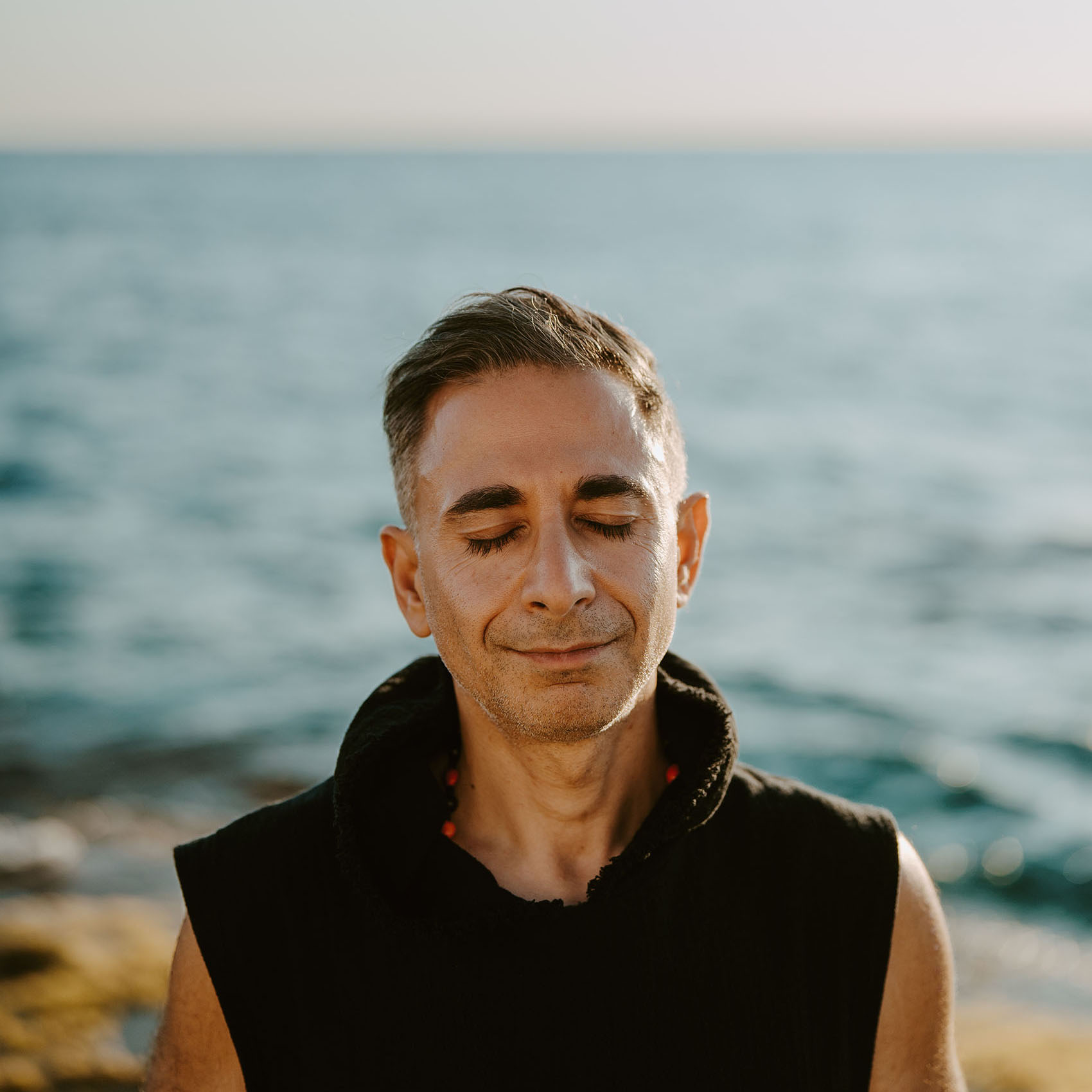
I knew something had to change. Yet when you’re in the midst of that pain, reaching out and finding the cure feels impossible. Therapy alone was not enough, but experimenting with various mood stabilizers and antidepressants didn’t help either. Then I found psychedelic-assisted treatment, and that changed everything. The day after my first retreat I founded Oyster, after all, aligning what I do with my belief systems was part of the healing process.
Since then I depended on my therapy work by adding Integrated Family Systems (IFS) therapy. IFS doesn’t try to ‘fix’ you: instead, it explores all the different parts of yourself. I was a CEO, sure, but there were lots of different parts within me. I was a driven entrepreneur, but also a scared kid waiting for my dad to come back from the grocery store. I was an ambitious 17-year-old who had just landed in a new country, determined to make his name. I was someone trying to be a good partner, friend, employer. I didn’t need to fix or ignore these parts: they all made me who I am.
The most important elements in my journey to healing and growing were therapy, plant medicine, and time. There’s no such thing as an overnight fix. But slowly, I started to see the power in my wounds. I realized that my fears and trauma weren’t things I needed to shed or hide; they were keys to understanding myself better. They were parts of me. To be whole, I needed to accept them first and then tap into their powers and wisdom.
When I first started IFS, I just wanted to stop the suffering. But frightening as it seemed, embracing the pain in my past and my psyche actually made me less afraid. That pain became a tool to unlock potential I didn’t know I had. And it allowed me to found Oyster with a different intention. This time I didn’t just want to build a successful company. I wanted to build something that mattered. I wanted something that reflected my values, my purpose, my journey. Oyster fulfilled that need, bridging the gap between my mind and my heart.
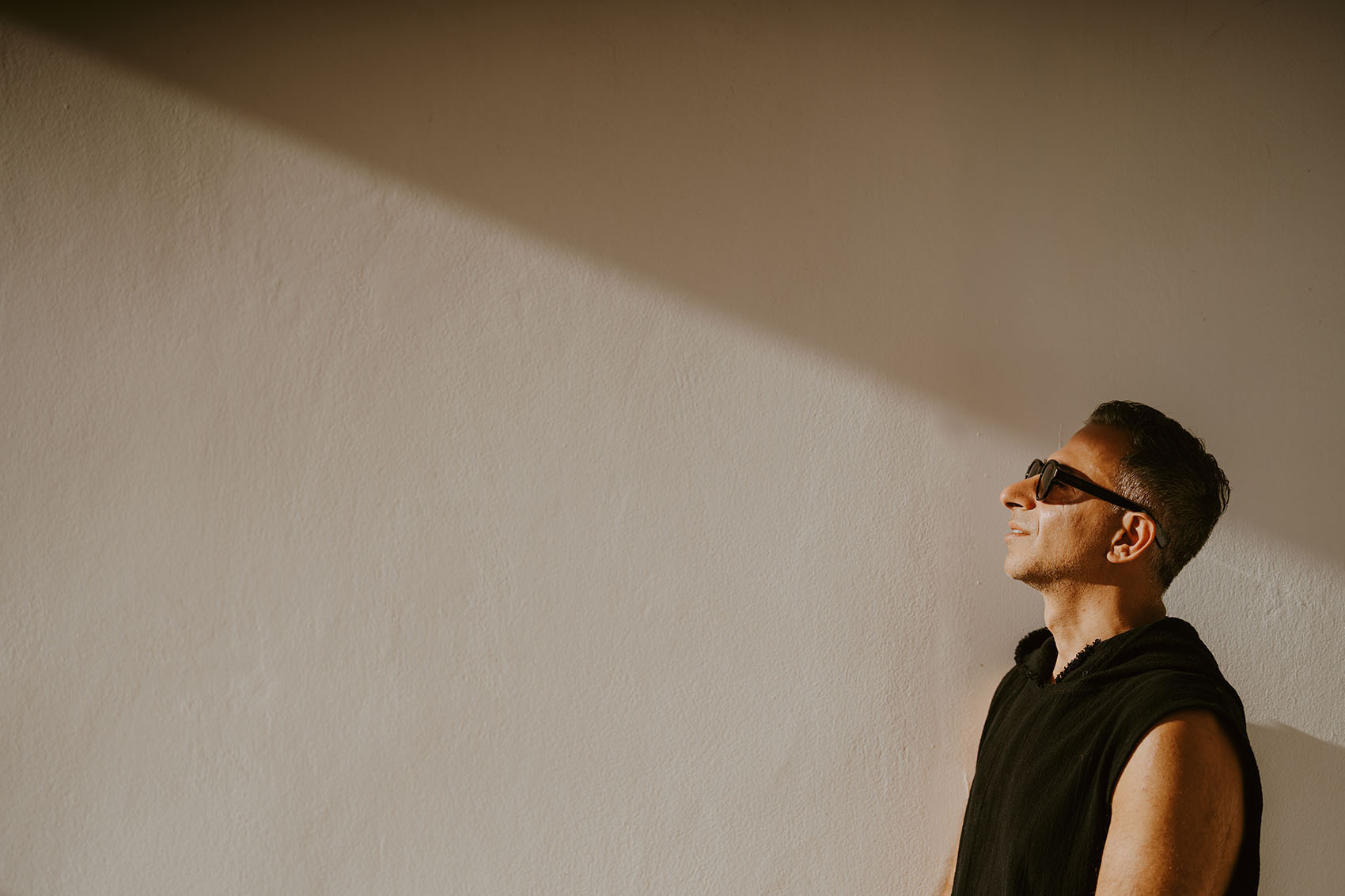
Oyster became a unicorn in 2021 but that wasn’t the real victory. The real success was my newfound balance. We can’t avoid pain in life, but suffering and burnout are optional. I’m still deeply engaged in my past, my emotions, my selfhood; I have learned to become my own inner healer. The healing is never complete, there’s never a point where I can tick off my mental health on a list and say, well, that’s done! But this is the most successful version of myself — the one who is still working, still learning, still growing, still experiencing my pain, acknowledging it, taking a breath, and stepping forward.
Sincerely,
Tony
Untold is a collection of raw, personal stories from Endeavor founders, shedding light on the emotional challenges behind scaling a company, so other founders can better name the battles they’re facing, and find strength in the stories of those who’ve been there too.
The next Untold story will be released on Thursday, July 10th.